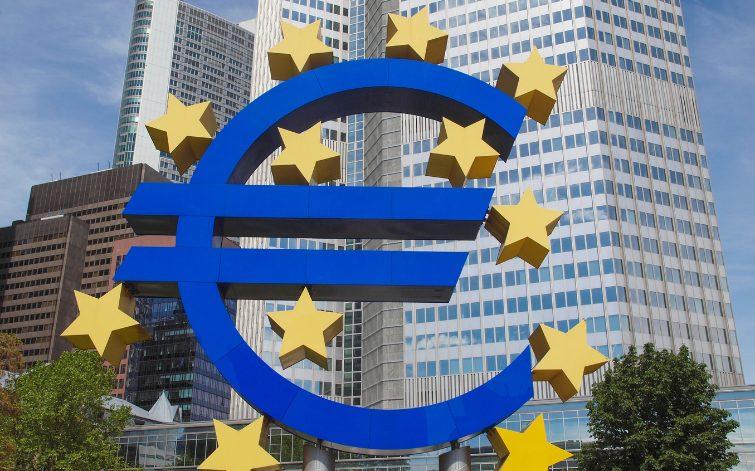The European Central Bank is advancing its plans for the digital euro, with the Bank of Spain not only in support but also leading, being six months ahead of its counterparts. Spain’s interim Socialist Government has shown its inclination toward a cashless society, evident from its legislative measures limiting cash payments in excess of €2,000 and then €1,000
The attractiveness of a cashless society to many banks lies in the potential for transaction charges on card payments or transfers.
Interestingly, the Bank of Spain, although favouring the digital euro, commissioned market research firm IPSOS to gauge public sentiment.
These surveys, encompassing 1,600 individuals and small businesses, revealed limited knowledge and enthusiasm for the digital currency. Only 20% of respondents were familiar with the digital euro, and just 20% of businesses were open to accepting it.
Surprisingly, 65% explicitly expressed no intention to accept the digital euro, showing a 7% increase from a 2022 survey.
Among the 18-24 age bracket, seen as the most tech-savvy, only 36% were inclined to use the digital euro. This figure dwindles with increasing age, with a mere 7% of those over 65 favouring it.
Thus, while the digital euro might find its place in high-value transactions between corporations, it’s unlikely to be a prevalent payment method for everyday purchases in the near future.








